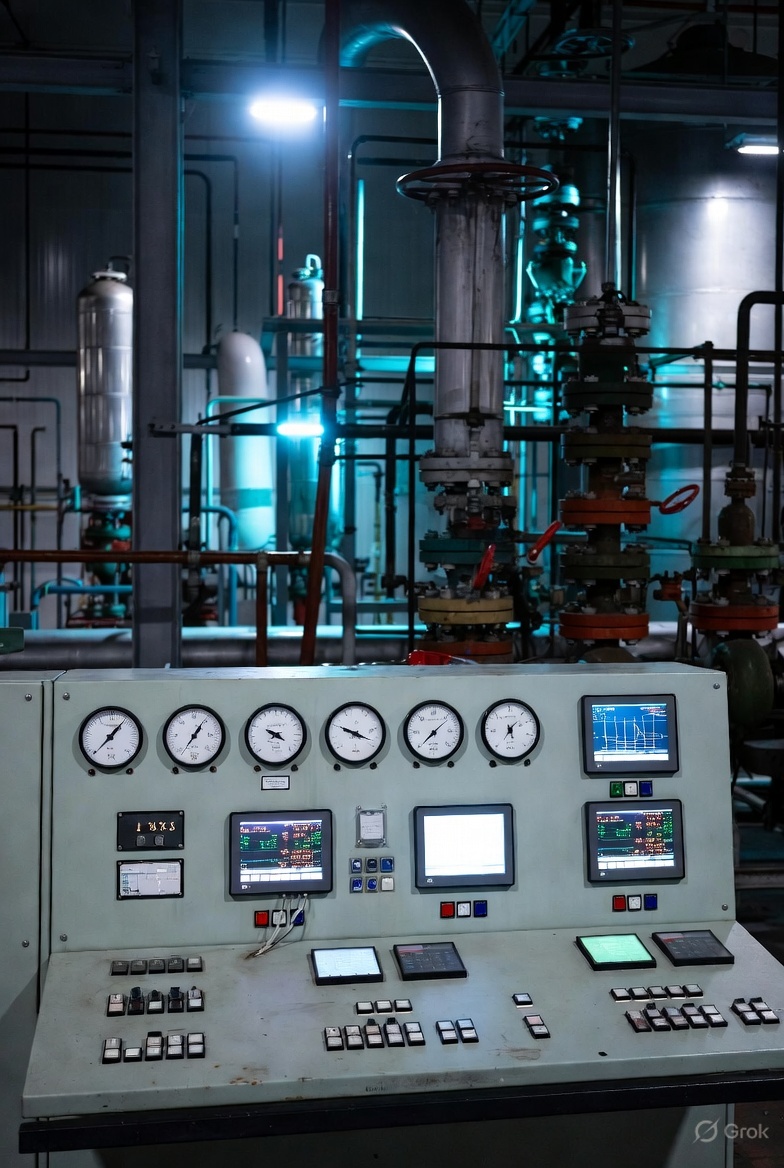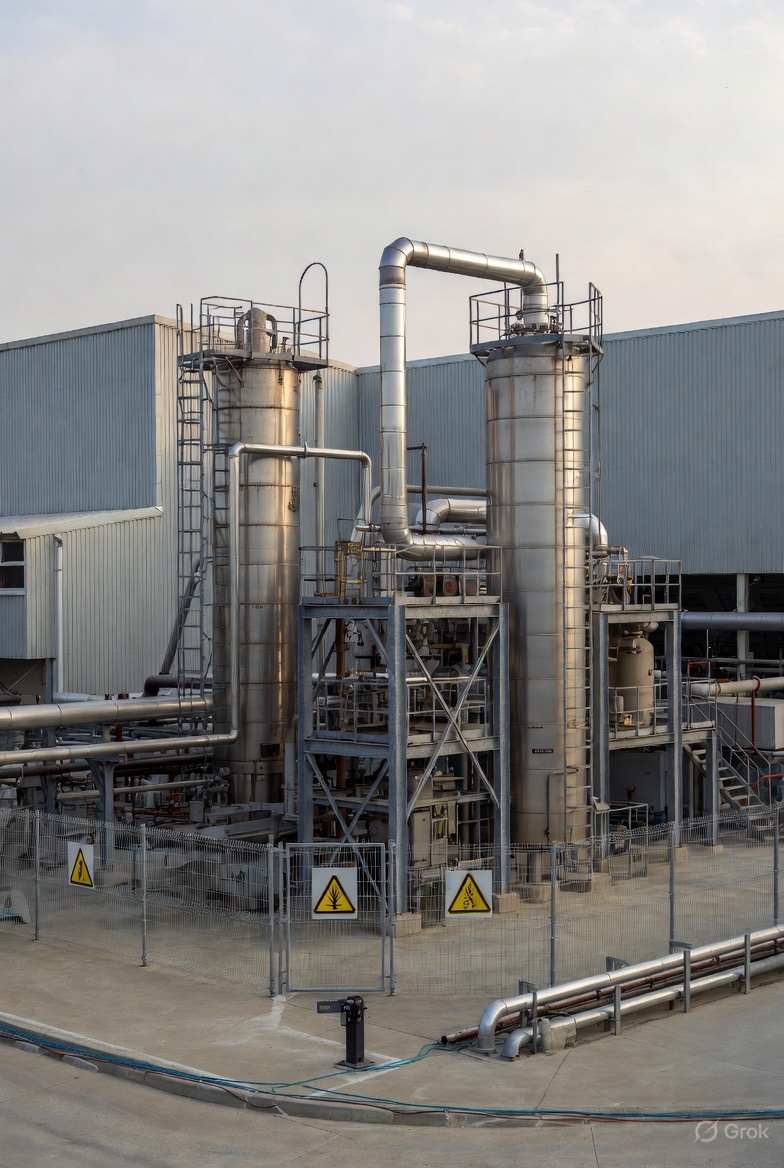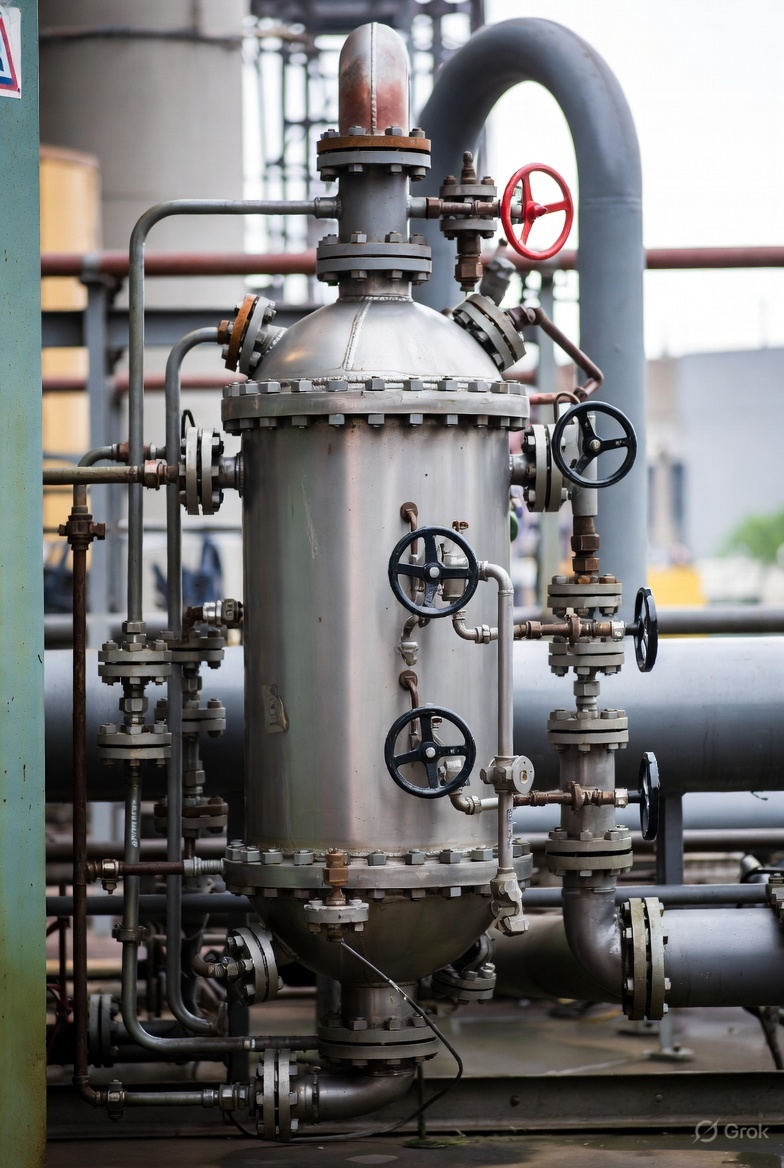Introduction:
In the pursuit of cleaner and more efficient energy solutions, lithium-ion batteries have become indispensable, and among them, lithium iron phosphate (LiFePO4) batteries, commonly known as lithium phosphate batteries, have emerged as champions of safety and sustainability. This article delves into the inner workings, advantages, and diverse applications of lithium phosphate batteries, showcasing their pivotal role in shaping the future of energy storage and consumption.
The Heart of Lithium Phosphate Batteries:
Anode and Cathode Dynamics:
- Lithium phosphate batteries share the basic architecture of lithium-ion batteries, featuring an anode, cathode, separator, and electrolyte. What sets them apart is the choice of cathode material—lithium iron phosphate (LiFePO4). This stable compound enhances the safety and performance of the battery.
Safety-Centric Design:
- The inherent stability of lithium iron phosphate makes lithium phosphate batteries stand out in terms of safety. These batteries are less prone to thermal runaway and overheating, addressing safety concerns associated with other cathode materials like lithium cobalt oxide.
Advantages of Lithium Phosphate Batteries:
Extended Cycle Life:
- Lithium phosphate batteries boast an impressive cycle life, enduring a high number of charge-discharge cycles without significant capacity degradation. This durability makes them ideal for applications requiring long-term reliability.
Enhanced Safety Profile:
- Safety is a cornerstone of lithium phosphate batteries. The use of lithium iron phosphate contributes to their stability, reducing the risks of thermal runaway events. This safety-centric design is particularly crucial in applications ranging from consumer electronics to electric vehicles.
High Discharge Current Capability:
- Lithium phosphate batteries exhibit the ability to deliver a high discharge current rapidly. This characteristic is advantageous in high-power applications, making them suitable for electric vehicles and other scenarios where quick energy release is essential.
Environmental Friendliness:
- The materials used in lithium phosphate batteries, including iron and phosphate, are more abundant and environmentally friendly compared to certain other lithium-ion battery chemistries. This aligns with the growing emphasis on sustainable and eco-friendly energy solutions.
Thermal Stability:
- The thermal stability of lithium phosphate batteries contributes to their safety and reliability. The reduced risk of thermal events ensures that these batteries can be deployed in diverse applications without compromising safety.
Applications Across Industries:
Electric Vehicles (EVs):
- Lithium phosphate batteries are gaining prominence in the electric vehicle sector. Their safety, long cycle life, and high discharge current capability make them an excellent choice for powering electric cars, buses, and bikes.
Renewable Energy Storage:
- As the demand for efficient energy storage solutions in renewable energy systems grows, lithium phosphate batteries find applications in storing excess energy generated by solar and wind installations for later use.
Consumer Electronics:
- The safety and longevity of lithium phosphate batteries make them a preferred choice for consumer electronics, including laptops, power tools, and other portable devices.
Uninterruptible Power Supplies (UPS):
- Lithium phosphate batteries play a crucial role in UPS systems, providing reliable backup power during electrical outages. Their stability ensures consistent performance when it matters most.
Marine and RV Applications:
- In marine and recreational vehicle (RV) applications, lithium phosphate batteries are valued for their safety and ability to withstand high discharge currents, providing auxiliary power and energy storage.
Future Developments and Conclusion:
As technology continues to advance, lithium phosphate batteries are poised to play a pivotal role in the ongoing energy revolution. Ongoing research aims to further improve their performance, efficiency, and versatility. With a focus on safety, sustainability, and a diverse range of applications, lithium phosphate batteries represent a beacon of innovation in the quest for cleaner and more reliable energy sources. As they continue to power the present and future, these batteries exemplify the intersection of technology and environmental responsibility.












